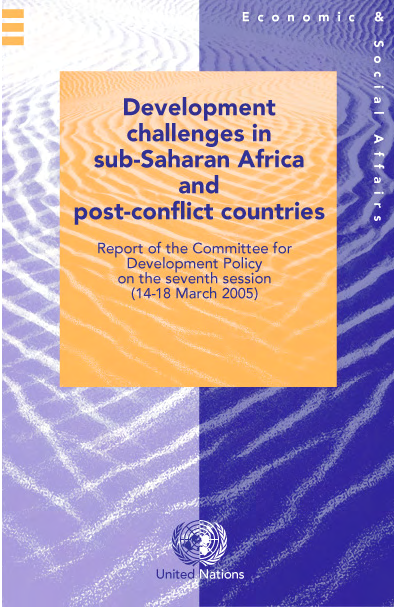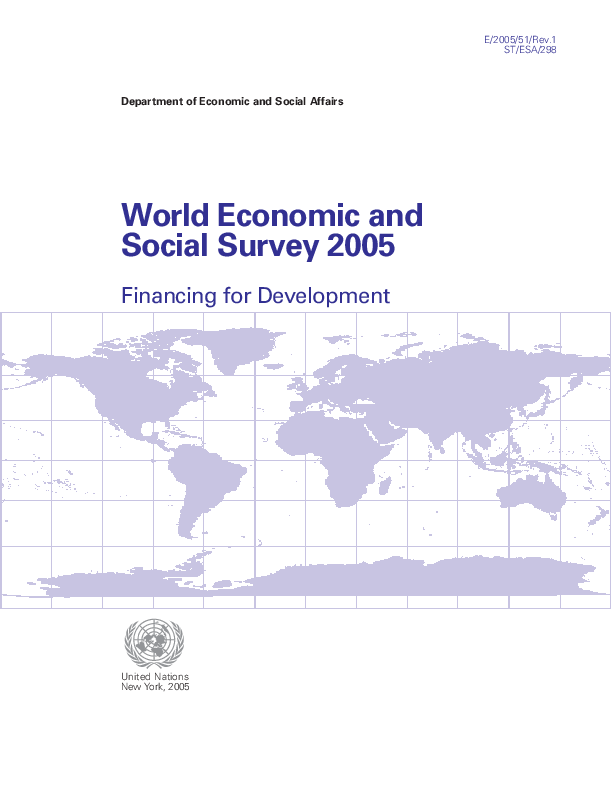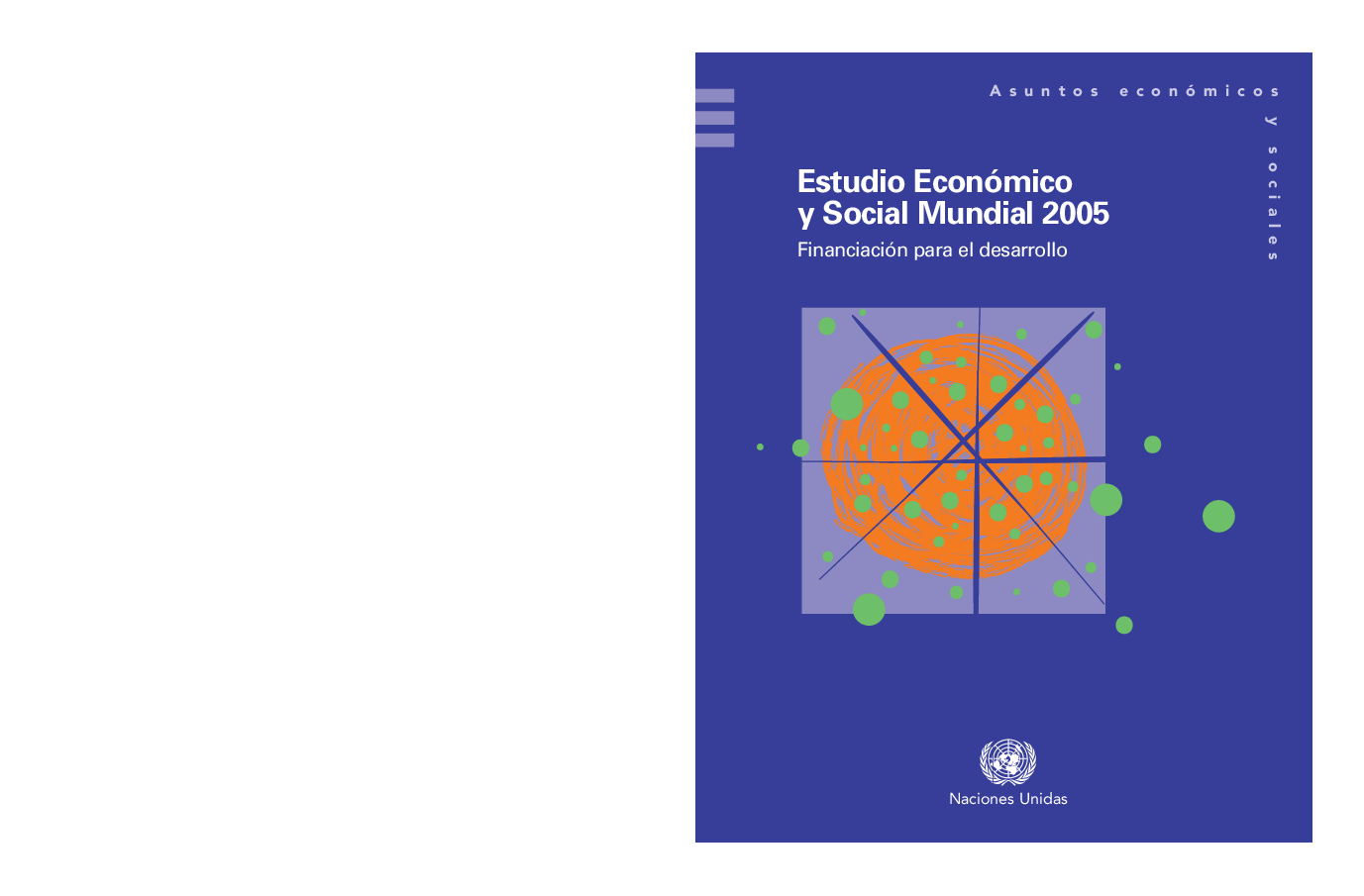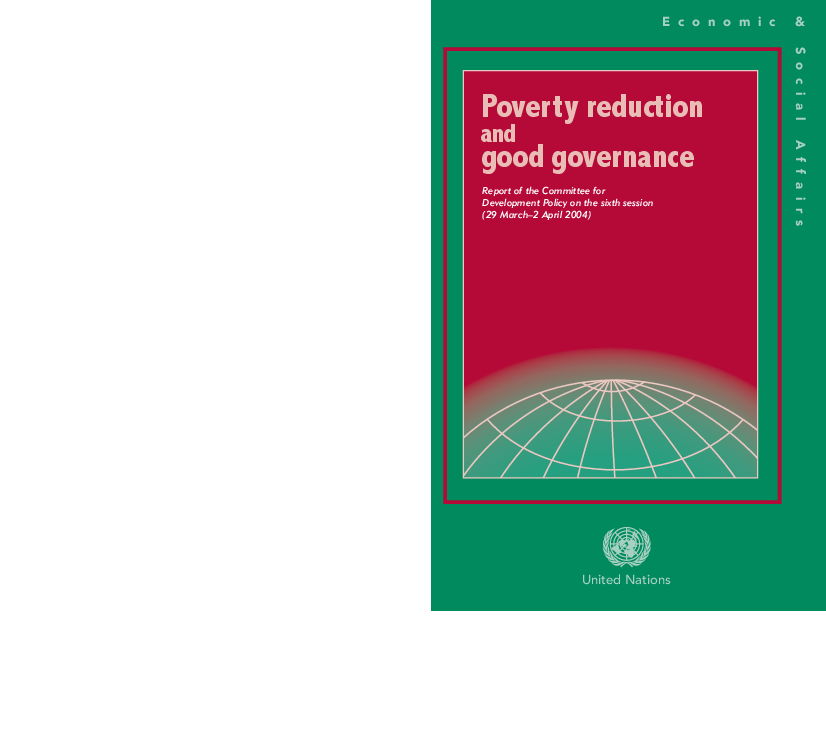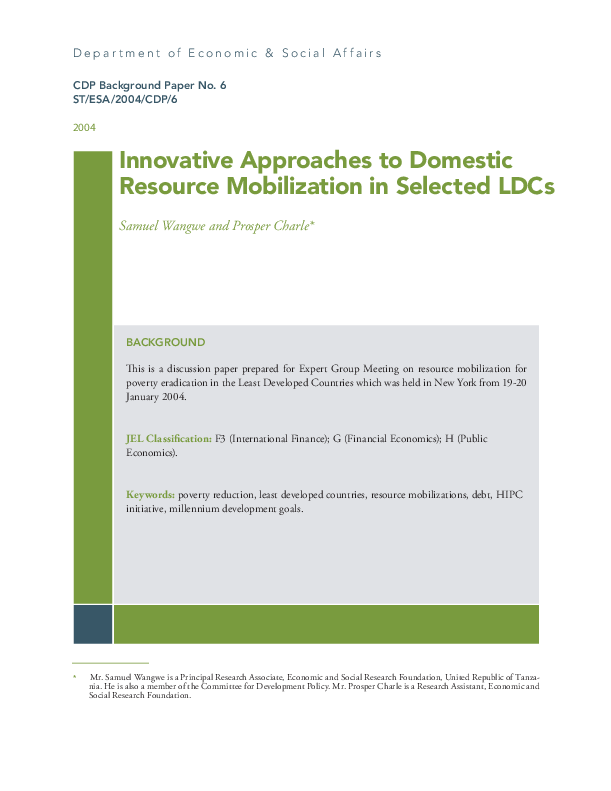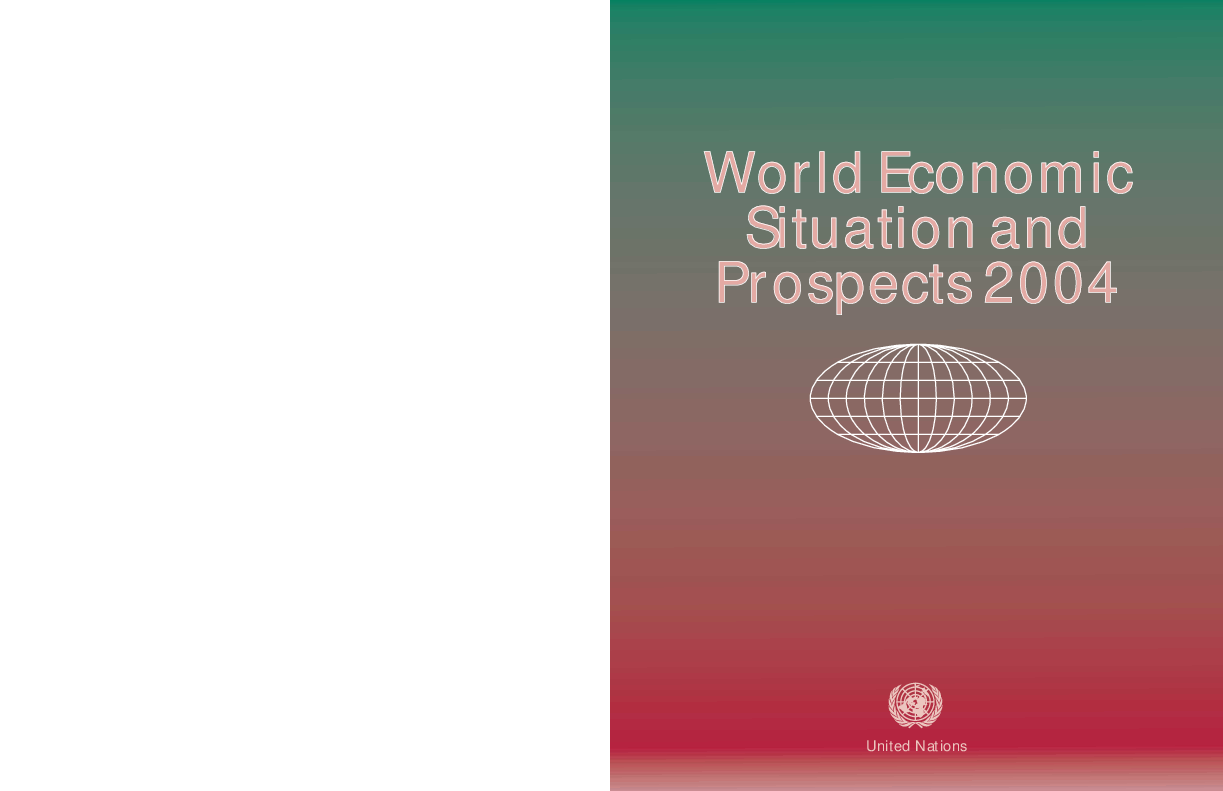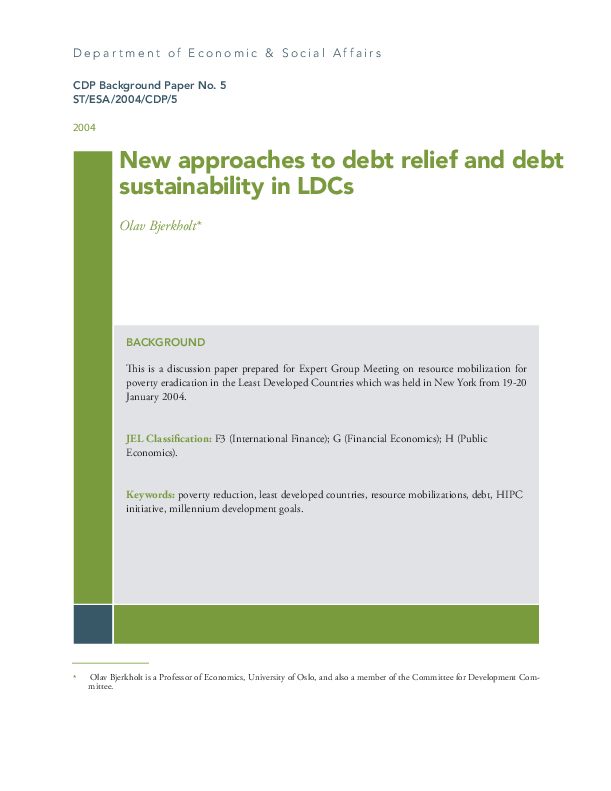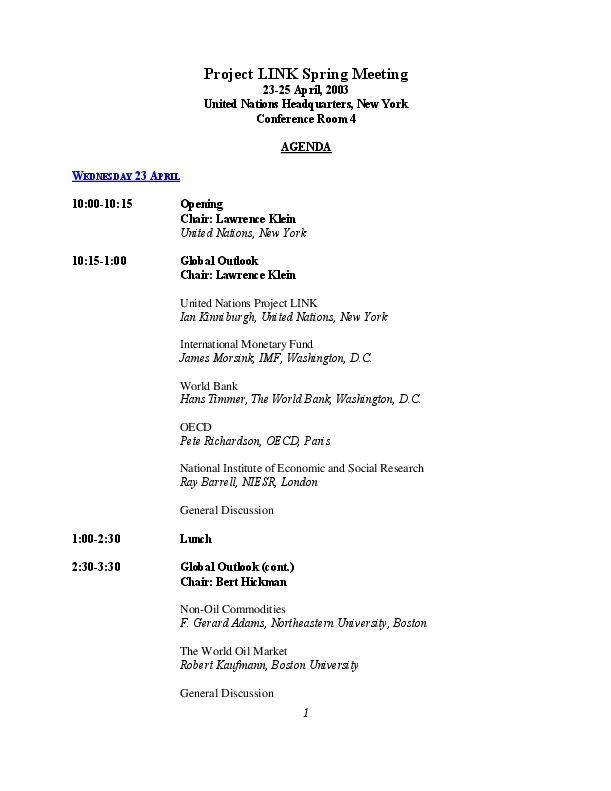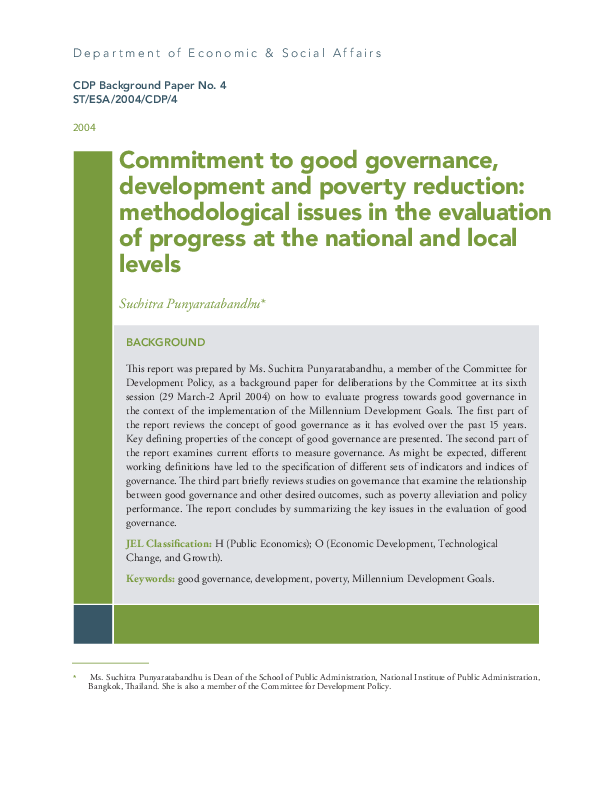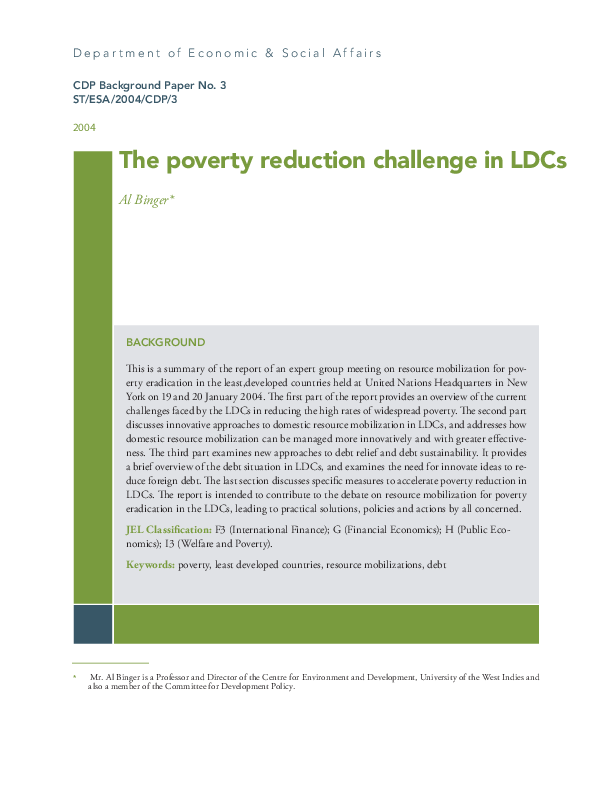Publications
Displaying 901 - 910 of 1083
By Al Binger This is a report on resource mobilization for poverty eradication in the least?developed countries. The first part of the?report provides an overview of the current challenges faced by the LD
 Welcome to the United Nations
Welcome to the United Nations
